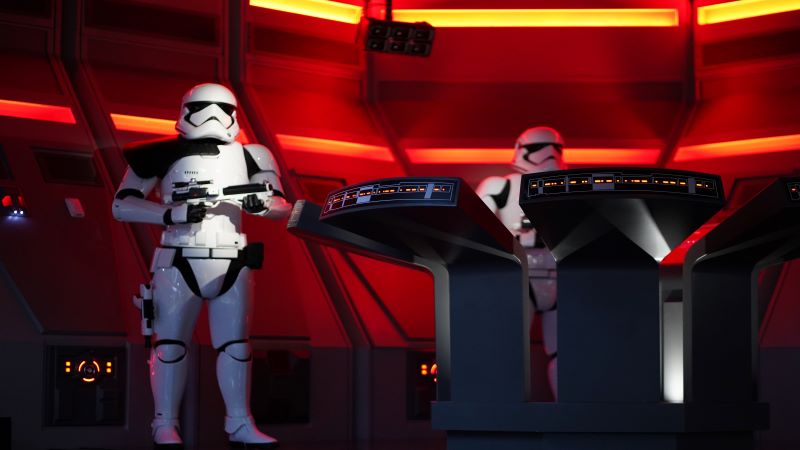Time was, what you’d see in a movie was what you’d got. Each film was a self-contained experience, where there was little doubt about what a media universe represented. As we entered the age of the franchise, this standard began to change. Movies branched out beyond the silver screen, and as they did, the lines between what counted as canonical and what didn’t become blurred. Today, as Films Stories notes, sequels and remakes become the rule rather than the exception, it’s no longer a simple task to quantify what counts and what doesn’t, so what does that mean for viewers?
The Franchise and Merchandise Balancing Act
When it comes to franchise expansion beyond single experiences, the most famous contemporary example has to be the MCU. Borrowing from decades of comics, the Marvel movies aren’t a direct translation of the source material. This is a necessity, owing to the different formats of comics not lending themselves perfectly to another form of media. If your favorite character in the films is Shuri, as we’ve seen in our Illustration Friday article, then you might be surprised to see how different she is in the comics.
INSERT IMAGE HERE: https://pixabay.com/photos/comics-novels-superhero-marvel-dc-1239698/ – IMAGE SOURCE: pixabay.com
As we explored in this Illustration Friday article about African Tattoos, static images aren’t bound to logical rules. It can be abstract, and while the difference between Marvel Comics and African Tradition is night and day, these concepts still apply. In a drawn image, it’s much easier to accept the incorrect, but when we move to the real world, our minds often refuse to accept even minor inaccuracies. This drives a separation between the realms of pens and persons, and it’s one of the reasons canons in the same property can be so different.
Balancing this idea is the complications that exist between the worlds of art and advertising. There’s a considerable crossover between these realms, with the general conceit being that some projects are more interpretations of existing canon, while some target a deliberate expansion of canon into a hardcoded form.
For an illustration of this idea, we could use the Jurassic Park series as an example. Aside from the original novels from Michael Crichton, this story continues to be expanded upon in film format. According to The Guardian, it doesn’t always succeed, but it’s still an attempt to further a story. On the other hand, we could consider interactive online slot versions of these games on websites like Betway. These titles like Raptor Riches bring new ideas to the table, but they’re far enough away from the core writing process that we never consider them part of an evolving canon.
The difficulty in determining what should count is found in the properties which exist between these two points on the spectrum. This is where relationships become more nebulous, and it’s where most of the confusion is born.

Canon and Inconsistency
As we can appreciate them on a personal and artistic level, big-budget franchises exist as arms of million or billion-dollar businesses. Complications inevitably arise when you throw this much money around, which we’ve talked about at Illustration Friday before. As has been demonstrated by the Conjuring series, some of the problems relate to unexpected success and difficulties with working on major projects over time.
Many movies hope to inspire sequels but few start with that definite idea in mind. Taking this idea a step further are releases like the Lord of the Rings series films, which, Variety notes, were filmed back-to-back. To avoid setting up unresolved plotlines, most stories start as self-contained. This can make for more satisfying smaller arcs, but it can introduce the need for overcomplicated answers and retconning if a franchise continues. This similarly applies to those which branch out from films into television shows, which opens another can of canonical, artistic, and legal worms.
Accepting Imperfection
It might be unsatisfying, but the ultimate answer about how to manage canon is to simply accept it as a vacillating component of media. With so many hands in the pot, so many strong ideas, and so many developments in audience tastes, it can be practically impossible for a series to maintain a single, coherent, and logical canon.
As Collider notes about Star Wars, even what we take for granted as canon can be taken away at the whim of those in charge. For this reason, we have to understand that, at some point, we’re taking what exists in a universe for granted. At worst, this can lead to the removal of your favorite events and characters, but as long as you hold onto the original memories, the journey was still worth the effort.





